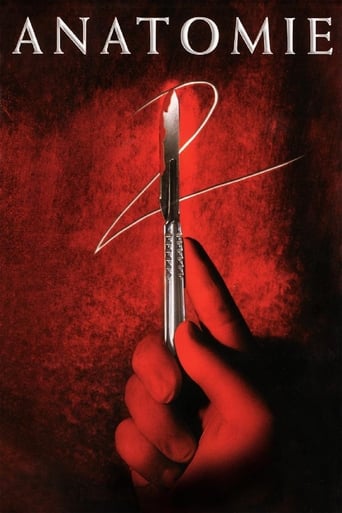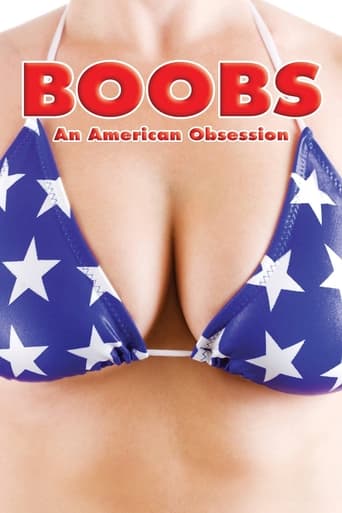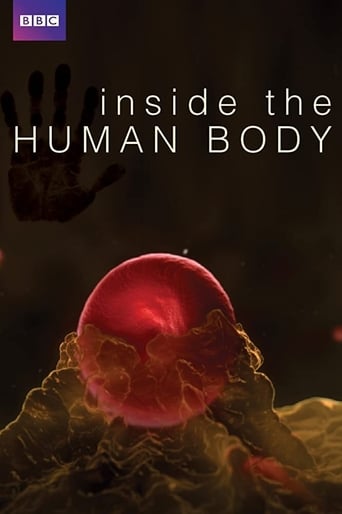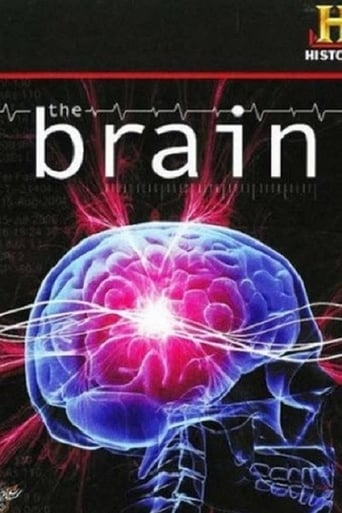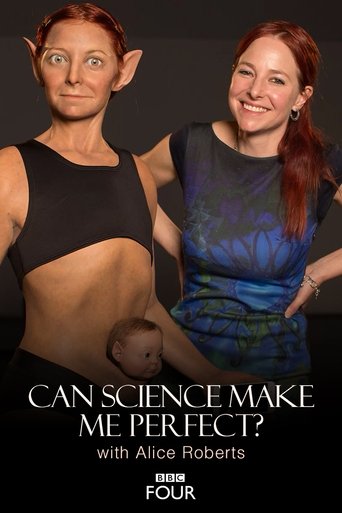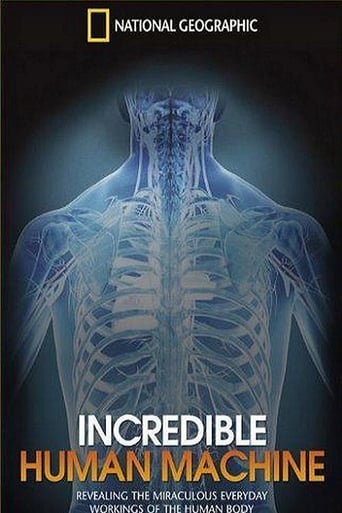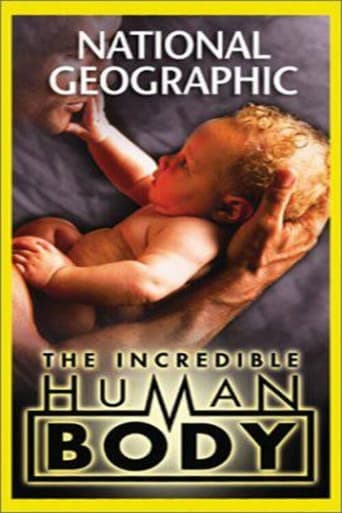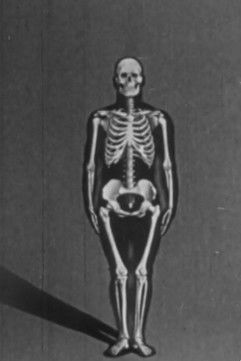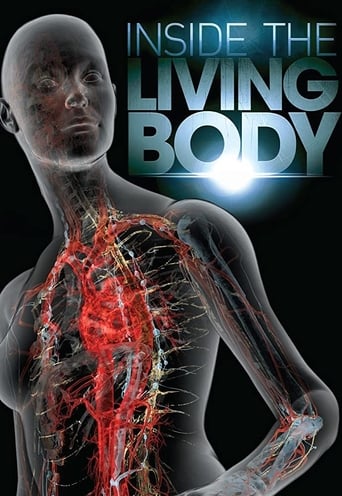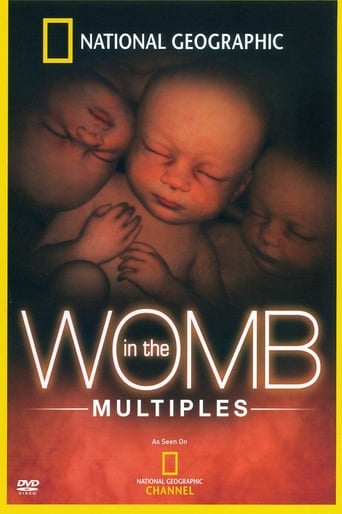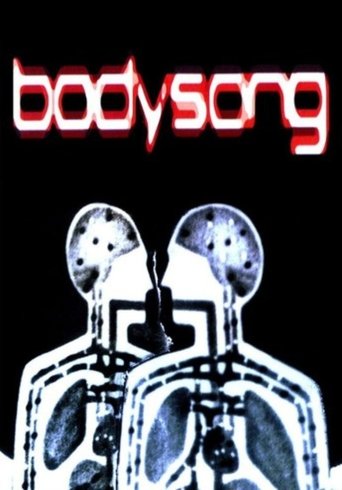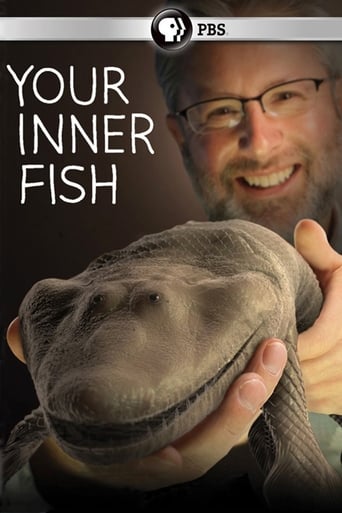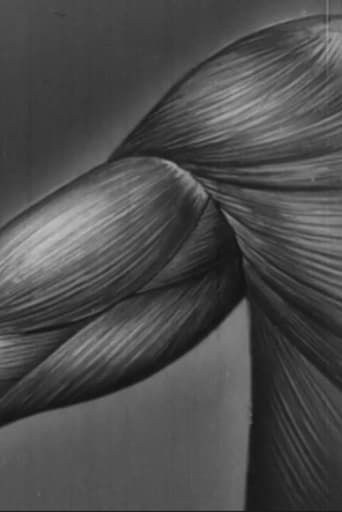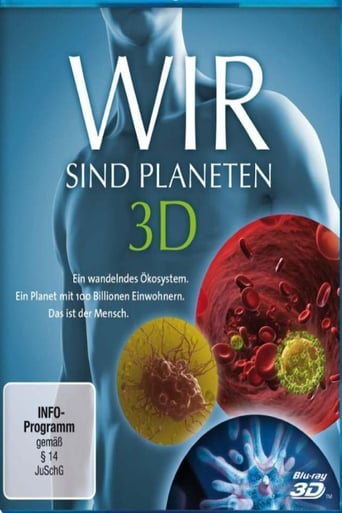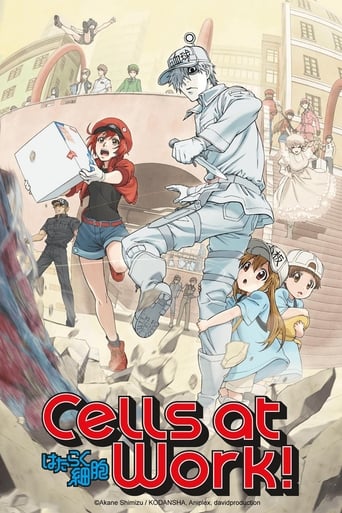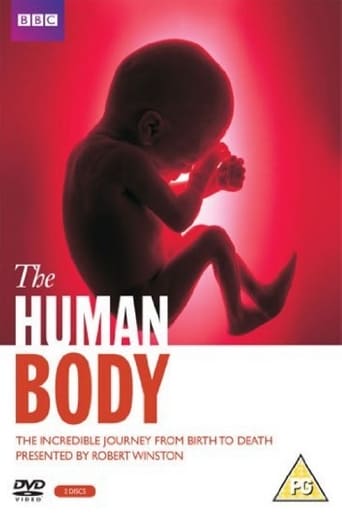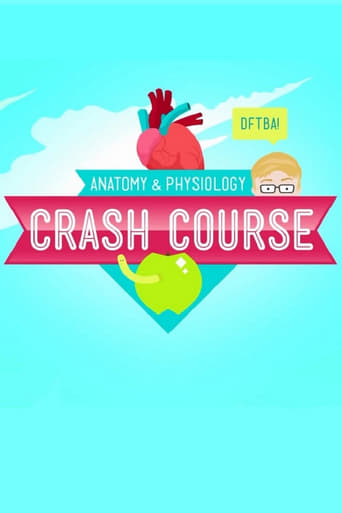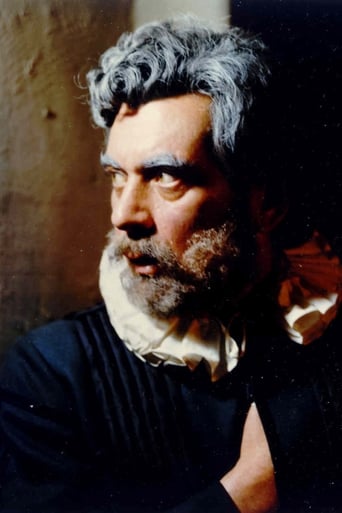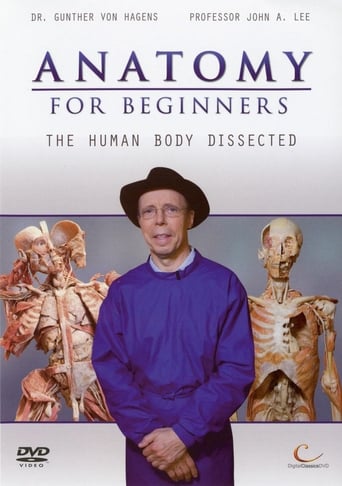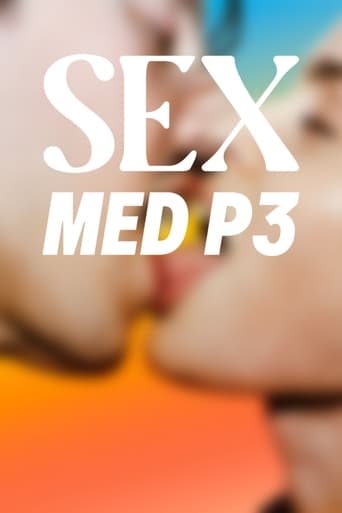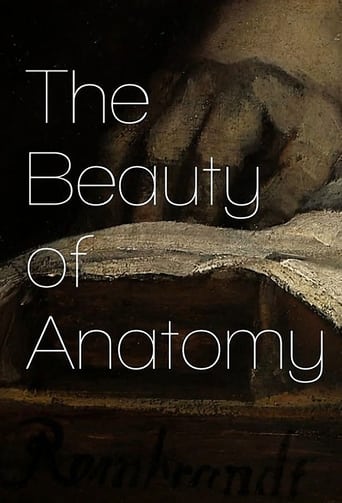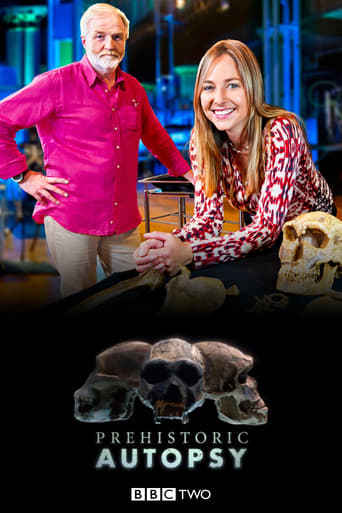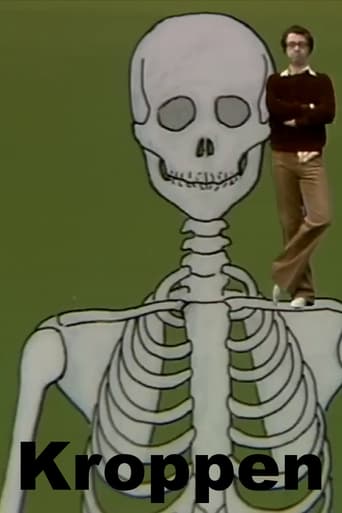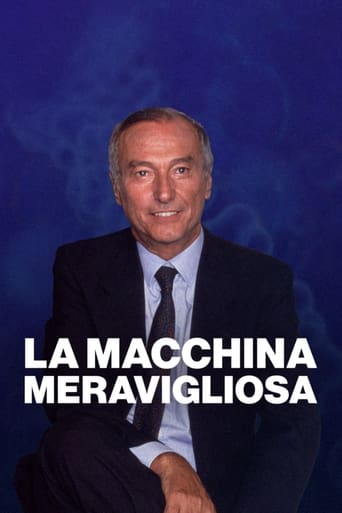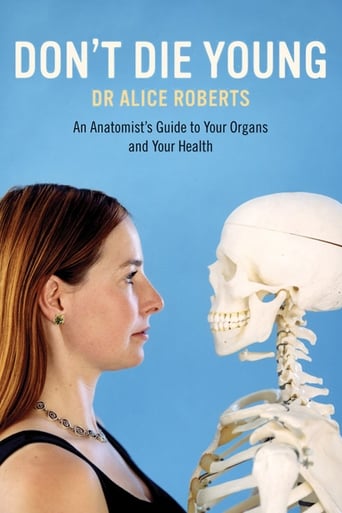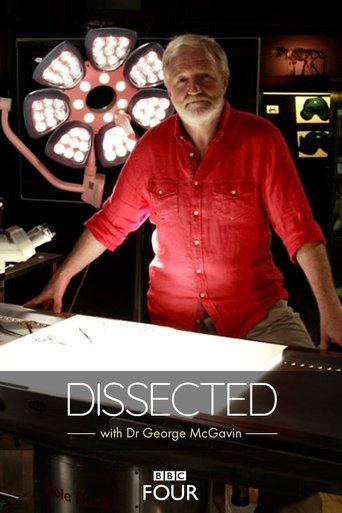Ключове слово Anatomy
The Body 1970
The Brain 2008
Bodysong 2003
Your Inner Fish 2014
In The Womb 2005
Мандрівка у себе 2012
Це ще невідомий нам світ. Але він здається дивно знайомим: глибокі каньйони та тріщини проходять через пейзаж, а вологі джунглі і кислотні озера приховують незнаних істот. Проте ця чужа планета зовсім не з космосу. Ця планета – це ми самі. Кожен з нас є унікальним всесвітом, у якому живуть мільярди взаємопов’язаних форм життя. На двох квадратних метрах нашої шкіри живе більше істот, ніж людей на всій планеті Земля. Тож давайте вирушимо у мандрівку у себе та побачимо власний організм з абсолютно нової сторони.
Ma vie sans soutif 2013
Cells at Work! 2018
This is a story about you. A tale about the inside of your body... According to a new study, the human body consists of approximately 37 trillion cells. These cells are hard at work every day within a world that is your body. From the oxygen-carrying red blood cells to the bacteria-fighting white blood cells, get to know the unsung heroes and the drama that unfolds inside of you! It's the oddly relatable and interesting story that is the life of cells!
The Human Body 1998
The Human Body is a seven-part documentary series that looks at the mechanics and emotions of the human body from birth to death.
Crash Course Anatomy & Physiology 2015
Hank teaches you the wonders of Anatomy & Physiology!
The Physician of a Dying Time 1984
Series about the life of Renaissance anatomist, scholar and politic Johannes Jessenius. Already legendary series today, was produced by Czechoslovak Television Bratislava, directed by Slovak director Miroslav Luther in the first half of 80's in Barrandov Studios in Prague. The story and screenplay of the series wrote Czech writer Vladimír Körner. Five-episodes epic historical narration is a biographical story of distinguished Renaissance scholar, anatomist and politic of Slovak origin, Johannes Jessenius (Ján Jesenský, 1566–1621). It displays his life from the first studies and successes. In 1594 he became professor of surgery and anatomy on Wittenberg University, which he had attended years before. From that moment, his life went through social and personal wins and losses, to the sad end on the Prague Old Town Square gallows, among 27 noblemen, knights and burgenses, after lose Bohemian Revolt in 1621. His destiny was coupled with key events of Czech history in the break of 16th and 17th century, when Renaissance and European humanism slowly fade out.
Anatomy for Beginners 2005
Anatomy for Beginners is a television show created by Gunther von Hagens. In this 4-part series, Dr Gunther von Hagens and Professor John Lee demonstrated the anatomical structure and workings of the body. The 4 episodes were screened in the United Kingdom on Channel 4 in 2005. The show features public anatomy demonstrations with the use of real human cadavers and live nude models, carried out at Gunther von Hagens' "Institute for Plastination" in Heidelberg, Germany. Dr von Hagens’ public demonstrations are not formal anatomy dissections performed by medical students in some countries as part of their medical training. Formal dissection are performed slowly and take dozens of hours of dissection. Anatomy for Beginners performs quicker autopsy and also combines with demonstration of plastinated body parts and specimens to gives just a glimpse of the human anatomy. The individuals on whom the demonstration was performed had, before their death, enrolled on von Hagens’ body donor programme and consented to the use of their bodies for public education in anatomy, including public demonstration.
Sex with P3 2022
The Beauty of Anatomy 2014
Dr Adam Rutherford investigates the close relationship between discoveries in anatomy and the works of art that illustrate them.
Prehistoric Autopsy 2012
A journey into our evolutionary past, piecing together the bodies of our prehistoric family.
Kroppen 1975
La macchina meravigliosa 1990
A long journey in 8 episodes to discover the human body, with Piero Angela who closely observes our organism, focusing each time on a theme: the eye, the ear, taste and smell, the stomach and the intestine, liver, bones, lungs and heart. How does our "wonder machine" work? To make each explanation direct and clear, the program uses films, animations and photographs developed with the scanning electron microscope.
Dr Alice Roberts: Don't Die Young 2007
Health documentary series with anatomist Dr Alice Roberts
Dissected 2014
This ground-breaking two-part series takes us inside two of the most amazing structures in the natural world: our hands and feet.
